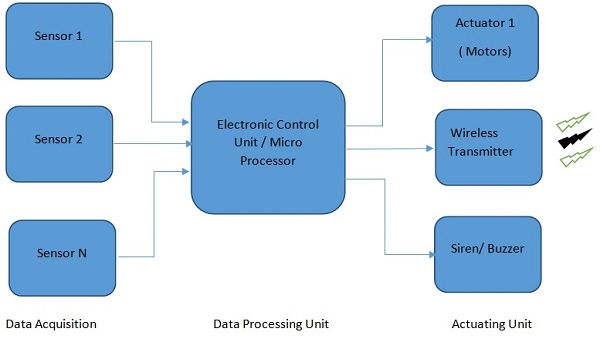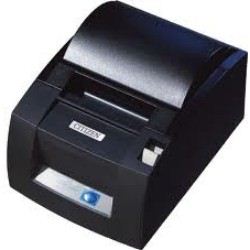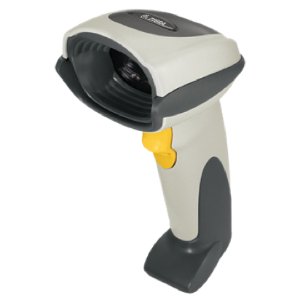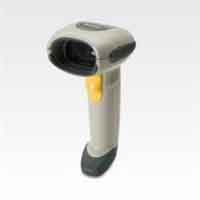Anti Theft System ( MINDWARE India Consulting )
Anti-Theft Systems are devices which prevent unauthorized access to Cars or other mobile systems. The evolution of Anti-theft systems has ranged from simple key to RFID Tags, Bio metric Identification, and Palm Vein Recognition, etc.
The anti-theft systems are combination of smart sensors coupled with intelligent algorithms which can wisely distinguish between actual theft and fake ones. Upon detection of theft they immediately raise an alarm or notify the user with necessary details like geographical locations, time stamp , state of the device while theft occurred i.e.: If the anti-theft system is considered in automobiles , crucial data like whether the engine was turned on , doors were unlocked ,etc. are transmitted to the owner.
Anti-theft systems protect valuables such as vehicles and personal property like wallets, phones, and jewelry. They are also used in retail settings to protect merchandise in the form of security tags and labels. Anti-theft systems include devices such as locks and keys, RFID tags, and GPS locators.

Consider any general anti-theft system, it consists of above mentioned blocks at the minimum level.
Passive and Active Anti-Theft Systems
Passive and active anti-theft devices are the two options available when considering an anti-theft system.
Passive Anti-Theft devices automatically arm themselves when the vehicle is turned off, the ignition key removed, or a door is shut. No additional action is required.
Active Anti-Theft devices require some independent physical action before they are set, such as pushing a button, or placing a “lock” over a vehicle component part. This physical action must be repeated every time the anti-theft device is set or it will not function.
Rf (Radio Frequency) Anti-Theft Systems

RF EAS Anti-theft systemThe Radio Frequency (RF) technology used in anti-Theft systems is based on a very thin, spiral-shaped LC oscillating circuit, which is used to radiate into space the high-frequency electromagnetic waves needed to operate the system. Different radio frequencies can be configured, but the one that is typically and most widely used is 8.2 MHz. The circuit, which acts as both transmitter and receiver of the waves, is very simple and at the same time inexpensive. The systems placed near the shop openings (antennas or anti-theft barriers) work in pairs, both as source and destination of the signal, so the process is as follows:
- TRANSMITTING ANTENNAemits a constant radio signal in the immediate vicinity
- The signal is intercepted by a LABELor by a TAG that is sufficiently close.
- If the label or tag has not been properly disconnected using the appropriate equipment in the checkout counters (aDEACTIVATOR or a DETACHER respectively), it will emit an additional signal
The signal is picked up by the RECEIVER ANTENNA: when it happens, the alarm is triggered.
IDISEC’s anti-shoplifting systems with acousto-magnetic (AM) technology are very effective because the receiver is able to analyse the incoming signal and assess whether it actually comes from a compatible anti-shoplifting tag or plate in the shop or whether it is a false alarm.
The anti-shoplifting system with Radio Frequency (RF) technology offered by IDISEC is therefore a very useful solution for protecting the goods on display from potential theft and is the ideal choice for a wide range of businesses.
Anti-theft Systems (Acousto-Magnetic)

Acousto-Magnetic (AM) technology applied to anti-theft systems is the latest and most innovative one on the market. By using this technique, a physical phenomenon called magnetostriction is set in motion, which affects all the Anti-theft accessories used to protect goods.
Anti-shoplifting systems using acousto-magnetic (AM) technology operate at a frequency of 58 KHz and involve inserting two thin metal plates into accessories such as tags and plates.
In this way, the elements concerned are able to create a pulsed magnetic field.
- As the LABEL or Anti-Theft PLATEis placed in a magnetic field, there is a shift in the distribution of electrons in the metal material (following its magnetisation).
- As a result, there is a change in the size of the plates inside the accessory, which begin to vibrate, expanding and compressing at a rhythmic frequency, which can be identified as a characteristic signal: this phenomenon is called
- With magnetostriction, the label or anti-shoplifting plate then emits a signal that is picked up by the system (specifically, by the RECEIVER).
Anti-theft systems with acousto-magnetic (AM) technology are very effective because the receiver is able to analyse the incoming signal and assess whether it actually comes from a compatible anti-shoplifting tag or plate in the shop or whether it is a false alarm.
For more Consult with Mindware Today!













